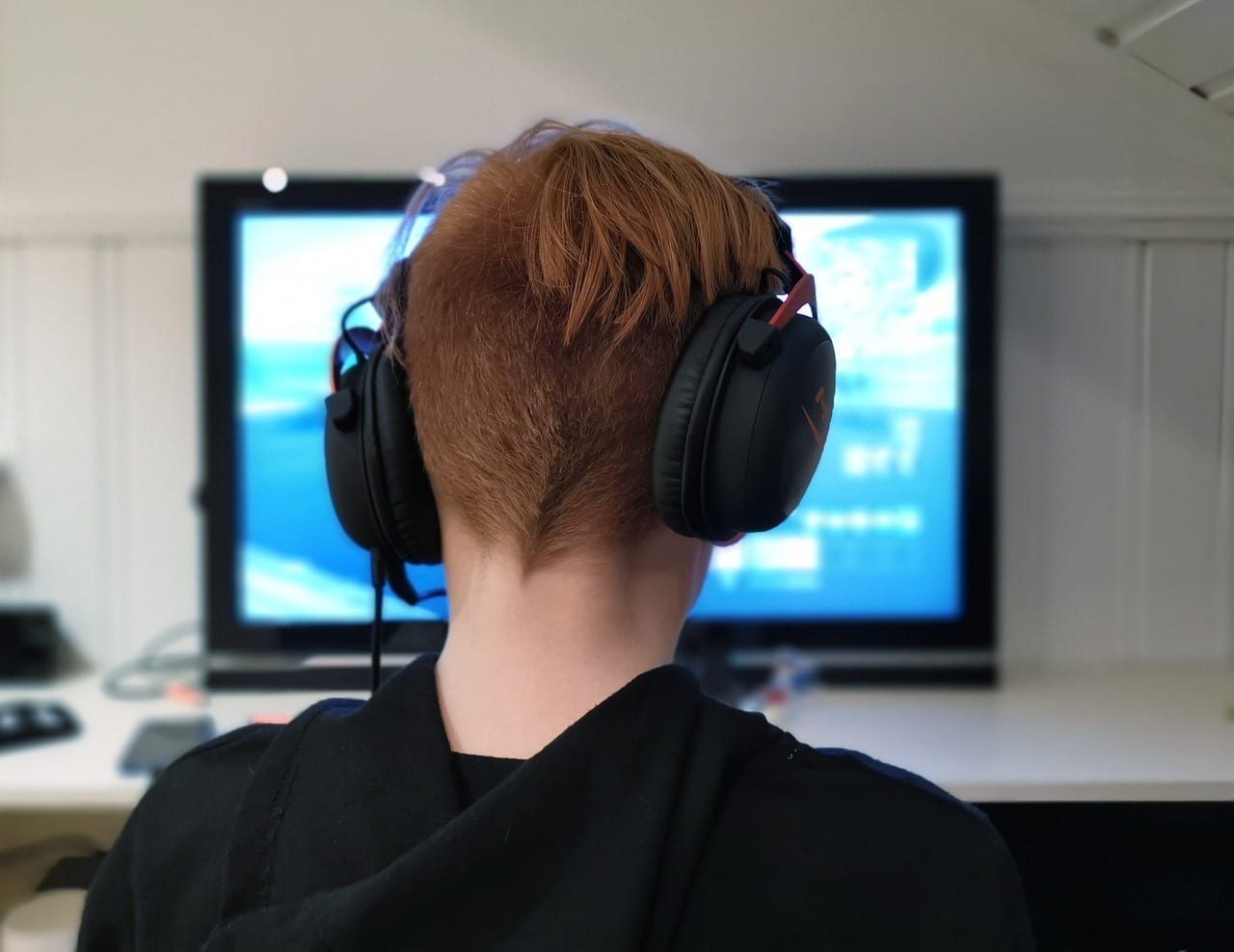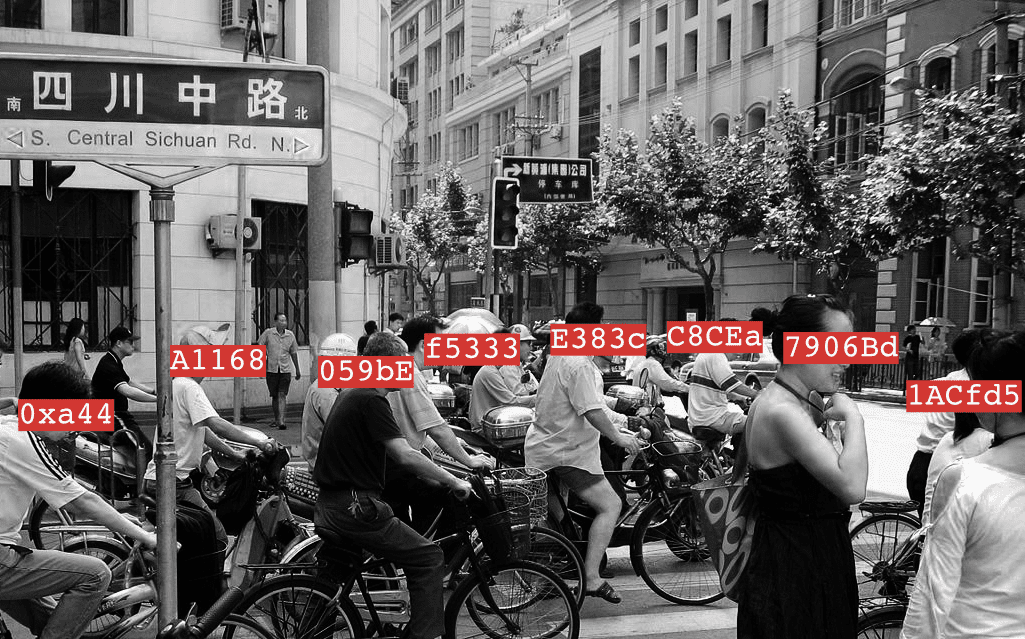After having implemented measures towards age control and randomized in-app purchases (known as “loot boxes”) in 2018, online games operators (“Operators”) are submitted to new obligations to further prevent addiction of minors in China.
Issued on 5th of November 2019 by the National Press and Publication Administration (the “NPPA”), the Notice on Protecting Minors against Online Gaming Addiction translates a serious concern on curbing online gaming addiction and its effect on social order.
The Notice aims at guiding Operators towards implementing measures on two main topics: prevent addiction and control age-inappropriate content.
Remarks and implications for Operators:
The Notice differs in its definition of “minor” by setting the age at 16 years-old, inconsistently with the definition given by the Cyberspace Administration of China (CAC) at 14 years-old, in the recently issued Regulation on Child Personal Information Network Protection (the “Regulation”) regarding data privacy and data protection requirements. Such data privacy and protection measures become crucial for Operators as they are now required to collect and store children’s personal information according to the Notice.
To comply with the requirements from both the Notice on addiction and the Regulation on data privacy and protection, we would suggest the Operators to set the following categories of users:

Operators shall therefore integrate the different set of requirements in their Personal Information Management System (PIMS) in order to comply with the Notice and the Regulation and continue to cater to the large and growing audience of minors in China.
The 6 measures Protecting Minors against Online Gaming Addiction are the following.
1. Real name identification
The NPPA is providing as background for the Notice the common practice for minors to use their parents’ ID to register into online games and overpass minors’ protection mechanisms.
The Notice requires game operators to conduct a strict real-name registration. However, technical requirements are yet to be defined. From our experience, we believe a lower level text, such as a GB/T standard could define such requirements.
We believe game operators could implement an additional verification step such as a selfie of the user holding his/her ID card, as it has been implemented by most payment applications. It is worth noting ID card in China are delivered at the age of 16 years old but can be requested at a younger age – which is seldom the case in our experience. This poses therefore a practical question for Operators on a valid proof of age for their audience younger than 16 years old.
A user registering without ID verification can access the game on a “visitor mode” limited to 1 hour every 15 days and without any in-app purchase option.
2. Time control
The Notice requires game operators to strictly control the time spent by users on their online games. The Notice stipulates games shall not be accessible to minors under 16 years-old between 22:00 and 08:00.
Games shall not be accessible to minors for more than 1.5 hours during regular days and 3 hours during public holidays.
3. In-app purchase limitation
According to the Notice, online game operators shall forbid users under 8 to access to any in-app purchase, restrict minors between 8 and 16 years old to buy in-app items to one-time purchase to RMB 50 and monthly purchases to RMB 200, and minors between 16 and 18 to one-time purchase to RMB 100 and monthly purchases to RMB 400.
4. Industry supervision
The Notice requires a tighter supervision by the authorities of the online game operators and enforcement of the relevant regulations with potential licenses revocation, without providing any further technical details or information on the authorities and licenses.
5. Content guidance
The Notice explores an age-grading scheme related to the game content. With similarity to the PG scheme, the Notice explicitly differentiate itself from Western grading systems, has yet to provide further technical details, we believe this announces an upcoming Chinese grading systems.
6. Roles of custodians
The Notice emphasizes the primordial role of parents and schools in the upholding of correct online gaming consumption concepts and behaviors. This translates more the moral background of the Notice rather than actual implementation requirements for Operators.
References:
Q&A with the SCIO on the Notice
http://www.scio.gov.cn/xwfbh/qyxwfbh/Document/1667701/1667701.htm
To know more, please contact Gregory Louvel g.louvel@leaf-legal.com and you can refer to our previous article on this topic: https://www.leaf-legal.com/children-data-protection-in-prc/
The TL Group is a team providing tech and legal services.
The alliance between Leaf, a law firm, and TekID, a Data intelligence firm, is providing a comprehensive cyber security and data management offering which will help you enhance your security with a holistic approach. This team of cyber / data experts and lawyers can offer services to companies and managers such as compliance audits and programs in cybersecurity, structuring deals involving data assets, understanding and managing the life cycle of data and the associated risks, forensic investigations, among others.












